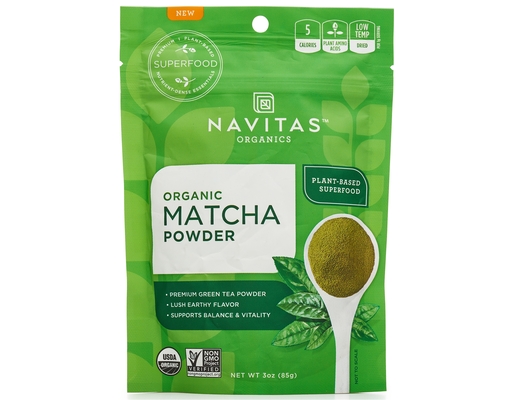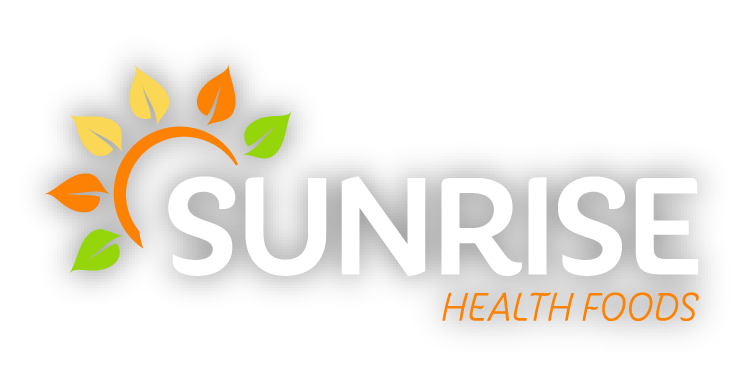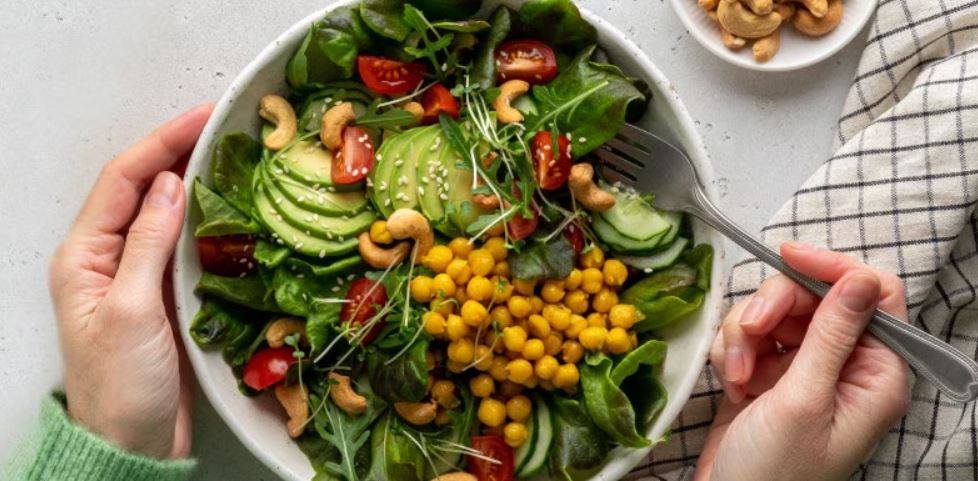Good results in the lab can lead to larger human trials. Here are some of the most promising recent findings.

Matcha green tea killed cancer cells
In the lab, doctors exposed human breast cancer cells to epigallocatechin gallate (EGCG), the antioxidant in matcha green tea. “The effects on human breast cancer cells were very striking; the active ingredients in matcha having a surgical effect in knocking out certain signaling pathways. Matcha may have significant therapeutic potential in the metabolic reprogramming of cancer cells, stopping their spread at a relatively low dose.” These same doctors specialize in identifying non-toxic methods of killing cancer cells.
Kale, cabbage, broccoli may prevent colon cancer
Recent research suggests kale, cabbage, and broccoli contain a natural anti-carcinogen called indole-3-carbinol (I3C), which releases during digestion. In the lab, mice fed a diet rich in I3C did not develop inflammation or cancer. In those with cancer, I3C significantly reduced the number of tumors and rendered them less harmful, or more benign. “While we can’t change genetic cancer factors, we can probably reduce chances by eating a diet with plenty of vegetables,” doctors said.
White button mushroom prebiotic effects
Earlier studies found certain short- chain fatty acids—propionate and succinate—helped manage glucose. In the lab, mice fed white button mushrooms had increases of propionate and succinate in the gut. Doctors said these fatty acids can change the expression of genes that are key to the pathway between the brain and the gut that manages glucose and improves its regulation in the liver. In this case, the mushrooms served as a prebiotic, feeding beneficial gut bacteria.
Reference: Aging (Albany, NY); 2018, Vol. 10, No. 8, 1867-83
Natural Insights for Well Being February 2019
We’re dedicated to discovering the benefits of good nutrition and healthy lifestyle, and hope the above article informs and inspires you to take an active role in your health.
Articles shared on our site are to provide nutritional information only and do not replace professional medical advice.


